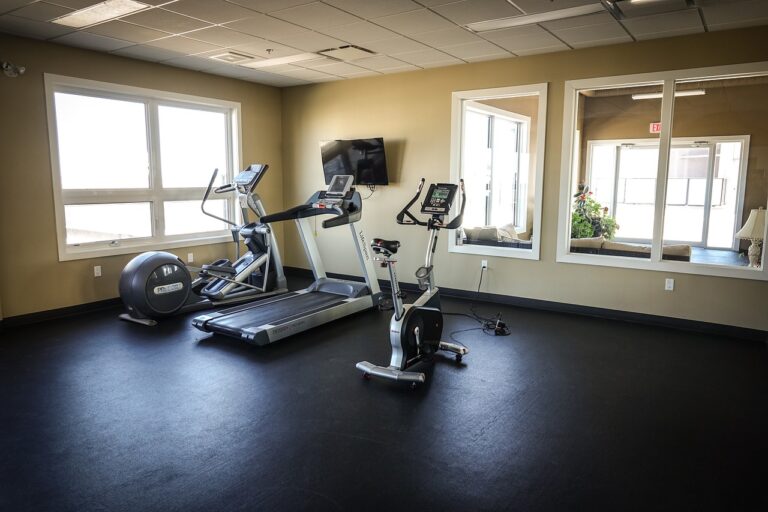The Impact of Social Isolation on Mental and Physical Health in Older Adults
In older adults, social isolation can manifest through increased feelings of loneliness and sadness. They may also exhibit a lack of interest in activities they once enjoyed and withdraw from social interactions with friends and family.
Physical symptoms such as changes in appetite, sleep disturbances, and unexplained aches and pains can also indicate social isolation in older adults. Additionally, they may experience a decline in cognitive function and memory as a result of the lack of social engagement and stimulation.
– Withdrawal from social interactions with friends and family
– Lack of interest in activities they once enjoyed
– Increased feelings of loneliness and sadness
– Changes in appetite
– Sleep disturbances
– Unexplained aches and pains
– Decline in cognitive function and memory
Effects of Social Isolation on Mental Health
Social isolation in older adults can have a significant impact on their mental health. Feelings of loneliness, depression, and anxiety are common among individuals who lack regular social interactions. Without the support and companionship of others, older adults may experience a decline in their overall well-being and quality of life.
Moreover, social isolation can exacerbate cognitive decline and increase the risk of developing mental health conditions such as dementia. The lack of mental stimulation and engagement with others can contribute to a deterioration in cognitive function, leading to memory loss and difficulties with decision-making. Older adults who are socially isolated may also be more prone to experiencing feelings of worthlessness and hopelessness, which can further worsen their mental health.
Effects of Social Isolation on Physical Health
Social isolation can have detrimental effects on the physical health of older adults. Research has linked loneliness and social disconnection to an increased risk of developing chronic conditions such as heart disease, high blood pressure, and obesity. The lack of social support and interaction can lead to unhealthy lifestyle choices, including poor diet, lack of exercise, and increased alcohol consumption, all of which can further contribute to declining physical health.
Moreover, the stress and feelings of loneliness associated with social isolation can weaken the immune system and make individuals more susceptible to infections and illnesses. Studies have shown that older adults who feel lonely or isolated may have a higher risk of developing conditions such as arthritis, diabetes, and even cognitive decline. The impact of social isolation on physical health emphasizes the importance of fostering social connections and promoting community engagement to support the overall well-being of older adults.
How can I tell if an older adult is experiencing social isolation?
Signs and symptoms of social isolation in older adults may include withdrawing from social activities, decreased communication with friends and family, and a lack of interest in previously enjoyed hobbies.
How does social isolation affect mental health?
Social isolation can lead to feelings of loneliness, depression, and anxiety. It can also contribute to cognitive decline and increase the risk of developing mental health disorders.
What are some physical health effects of social isolation?
Social isolation has been linked to an increased risk of chronic conditions such as heart disease, high blood pressure, and obesity. It can also weaken the immune system and lead to a decline in overall physical health.
How can I help a loved one who is experiencing social isolation?
Encouraging social interactions, promoting participation in community activities, and providing emotional support can help combat social isolation in older adults. Additionally, seeking professional help from a healthcare provider or therapist may be beneficial.







